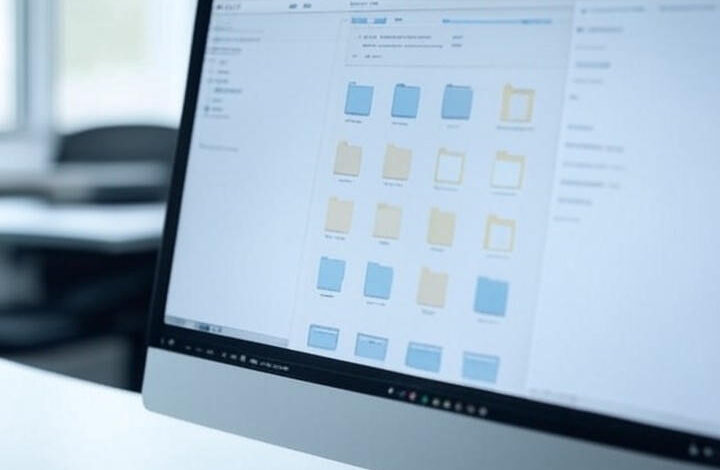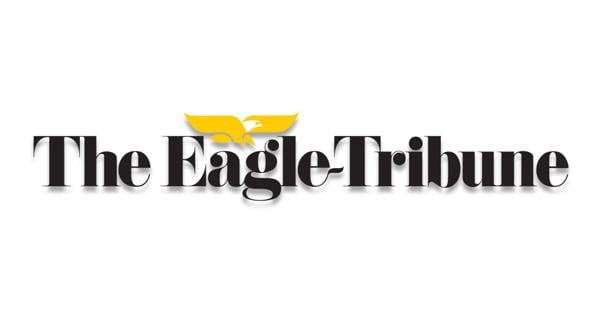WebDAV Surges as Viable S3 Alternative Amid Security Concerns

URGENT UPDATE: In a surprising turn of events, WebDAV is being hailed as a viable alternative to Amazon S3, as recent discussions highlight its simplicity and compatibility amid rising concerns over security vulnerabilities. A provocative article on Makefile.feld claims that WebDAV, which stands for Web Distributed Authoring and Versioning, should not be dismissed as outdated, especially as enterprises grapple with the complexities of modern cloud storage.
The post, authored by a tech insider, opens with a bold statement: it could have been titled “I Hate S3,” reflecting a growing frustration over the challenges and costs associated with S3’s object storage. It suggests that WebDAV offers a more straightforward solution for collaborative editing and file management, allowing users to integrate remote servers with their local systems without needing proprietary SDKs or APIs.
This renewed interest in WebDAV comes on the heels of a significant security incident. In June 2025, a vulnerability known as CVE-2025-33053 exposed WebDAV to remote code execution risks, as detailed in an analysis by Kaspersky. Microsoft promptly issued a patch during its Patch Tuesday update, underscoring the protocol’s exposure in legacy setups. Hackers, including the notorious Stealth Falcon group, exploited this vulnerability in zero-day attacks targeting government entities in the Middle East, according to reports from BleepingComputer.
Despite these challenges, WebDAV’s advocates emphasize its universality and effectiveness in various applications, from content management systems to personal cloud storage. The Makefile.feld article points out that while S3’s eventual consistency can lead to complications, WebDAV provides a seamless experience, especially on Linux systems, where tools like davfs2 allow reliable mounts.
Community support for WebDAV is on the rise, with industry forums buzzing about its potential resurgence. A thread on Reddit from 2022 predicted WebDAV’s integration into cloud services, a promise that has begun to materialize across various platforms by 2025, enhancing accessibility for users without technical backgrounds. Events such as FOSDEM 2025 have showcased open-source innovations that leverage WebDAV for collaborative tools, reaffirming its place in the tech landscape.
Looking ahead, the future of WebDAV appears promising, with confirmations of its integration into modern cloud stacks, as noted in a 2019 Premiumize.me blog announcement. This development suggests that WebDAV is not just a relic of the past, but rather a practical choice for small teams that seek to avoid vendor lock-in and streamline their workflows.
As the tech industry faces escalating cloud costs, WebDAV’s straightforward approach may complement emerging technologies, including AI-driven automation. The Makefile.feld article concludes with a powerful reminder that newer solutions aren’t always better, positioning WebDAV as a sustainable alternative in a rapidly evolving landscape.
With ongoing security scrutiny and the need for constant updates, those considering WebDAV must remain vigilant. As the conversation around cloud file sharing continues to evolve, WebDAV stands out as a resilient option, ready to meet the needs of users seeking simplicity and reliability in their digital collaborations. Share this urgent update and stay informed about the latest in cloud technology!






